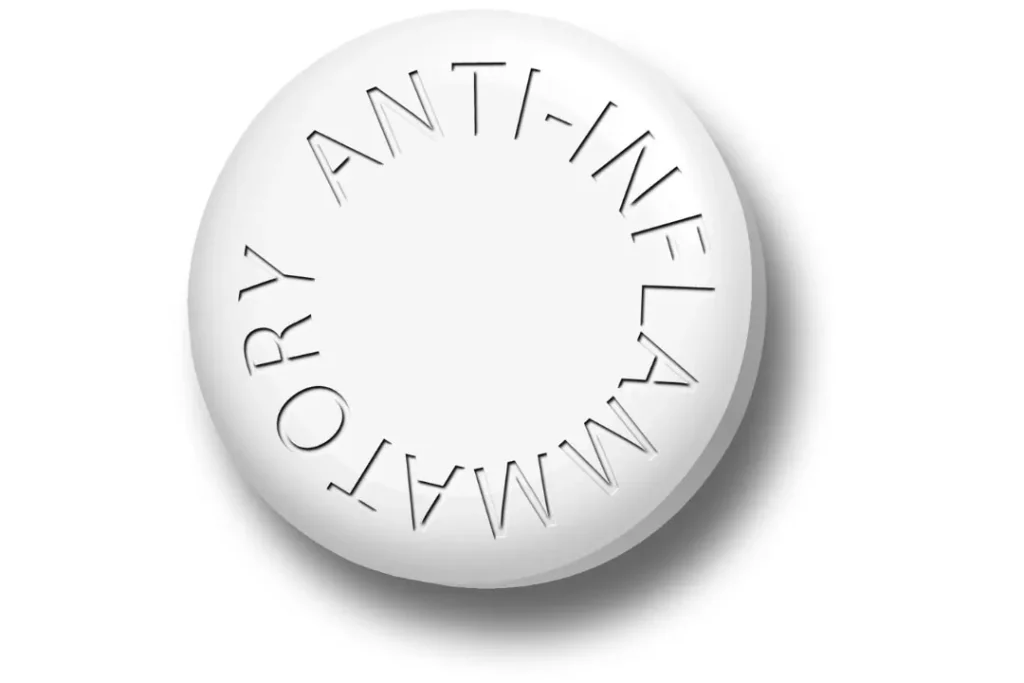Various civilizations have used corn silk, which is made from the female blossom of the maize plant (Zea mays), for generations in traditional medicine. It may be used to treat everything from diabetes and heart disease to easing urinary tract infections.
Corn silk has gained popularity as a dietary supplement in recent years due to the amount of bioactive chemicals and associated health advantages. This review aims to investigate the characteristics of corn silk, as well as any potential health advantages, ideal dose, adverse effects, and any drug interactions.
You May Also Like:
5 Great Health Benefits of ElevATP: From Increased Energy to Better Brain Function…
Club Moss: Benefits, Dosage, Side Effects, Drug Interactions, and Other Important Information
Corn Silk: Benefits, Dosage, Side Effects, Drug Interactions, and Other Important Information is an original (NootropicsPlanet) article.
Nature of Corn Silk
Corn silk is distinguished by having a high concentration of bioactive substances such flavonoids, polyphenols, and sterols. Maysin and allantoin, which have strong anti-inflammatory and antioxidant capabilities, stand out in particular. Corn silk’s antioxidant, anti-inflammatory, and anti-carcinogenic capabilities are a result of maysin, a C-glycosyl flavone with a distinctive chemical structure. The calming and therapeutic qualities of allantoin, on the other hand, are well known.

Health Benefits of Corn Silk
The abundant phytochemical composition of maize silk is principally responsible for its health advantages. The flavonoids and polyphenols in maize silk have powerful antioxidant effects, eradicating dangerous free radicals that cause cellular aging and illness. They also have anti-inflammatory properties. Maysin, which has been shown to inhibit the generation of pro-inflammatory cytokines, is also substantially responsible for corn silk’s anti-inflammatory actions.
Corn silk is frequently used as a natural diuretic, facilitating the removal of extra fluid from the body. For ailments like edema and hypertension, this characteristic might be especially helpful.
Corn silk has shown promise in controlling blood sugar levels, making it a possible supplementary therapy for people with diabetes.

Chemistry of Corn Silk
The chemistry of corn silk is distinguished by a diverse array of bioactive substances. Maysin, a C-glycosyl flavone, and allantoin are the main active chemical components. Maysin is unusual in that it has a flavone backbone connected to a sugar molecule, giving it anti-inflammatory, antioxidant, and anti-carcinogenic characteristics. Allantoin, which is well known in the skincare industry for its healing abilities, encourages cell growth and wound healing.
Physiological Mechanisms of Action of Corn Silk
The human body has several processes by which corn silk helps out. The flavonoids and polyphenols in corn silk act as antioxidants by eliminating dangerous free radicals and reducing oxidative stress-related cellular damage. They also contain potent anti-inflammatory properties. Inflammation can be controlled because maysin, in particular, prevents the synthesis of pro-inflammatory cytokines.
Corn silk’s diuretic effects work by stimulating the renal tubules, which increases urine output. This impact helps to eliminate extra fluid from the body, alleviating symptoms of edema and hypertension. For those living with diabetes, it has been shown that corn silk increases insulin sensitivity and controls glucose metabolism, helping to reduce blood sugar levels.
Several health advantages of corn silk are linked to its bioactive components, including maysin and allantoin. However, because of its potential adverse effects and drug interactions, it is crucial to utilize this supplement wisely. Before beginning a supplementation regimen with corn silk, you should always seek the advice of a healthcare professional. To completely understand the health-promoting potential of corn silk, more study is necessary.
Optimal Dosage of Corn Silk
Depending on the particular health issue, the user’s health, and the administration route, the ideal dosage of corn silk may change. The majority of research shows that consuming 1-2 grams of dried corn silk each day is safe and recommended. The best dose for your needs should always be determined by reaching out to your doctor for additional information.
Side Effects of Corn Silk
Most people tolerate corn silk well and experience little to no negative effects. Mild gastrointestinal discomfort, such as bloating or diarrhea, may be felt by some people. Rarely, people may get an allergic response to corn silk, which manifests as skin rash, itching, or breathing difficulties. Anyone exhibiting these signs ought to stop using the supplement immediately and seek help from a doctor.

Potential Substance Interactions with Corn Silk
Due to its diuretic effects, several medicines, including diuretics, antihypertensives, and antidiabetic therapies, may interact with corn silk. Combining these drugs with corn silk may intensify their effects, raising the risk of excessive fluid loss, hypotension, or hypoglycemia. Therefore, it is crucial to get medical advice before beginning corn silk supplementation, especially for people who are already using prescription drugs.
Responsible Use of Corn Silk
Despite corn silk having several health advantages, it’s important to use this dietary supplement properly. Understanding its potential health advantages, negative effects, and possible interactions with other drugs are necessary for this. It also entails following dose instructions and speaking with healthcare professionals before starting a supplementation regimen, especially for people with underlying medical issues or those who are on prescription drugs. A balanced diet and a healthy lifestyle should be supplemented with corn silk, not taken in place of them.

Corn Silk:
Conclusion
Corn silk is an effective diuretic and contributes to faster wound healing, lowering blood pressure, and enhancing kidney function. Older folks whose physiological functions are more weary can benefit from supplements that allow their bodies to eliminate toxins effectively and regulate their blood pressure.
With that said, everyone can benefit from corn silk’s low adverse effects and multitude of healthful bioactive components. You may have been hesitant about using corn silk due to its ability to intensify the effects of common antihypertensives and antidiabetics, but under proper guidance, this supplement can help you lead a more healthful existence. Integrating natural remedies into your lifestyle will benefit you in the long run, so try corn silk today to improve your bodily functions from here on out.
References:
- Corn Silk: History, Chemistry and Health Benefits. Retrieved From: https://www.ncbi.nlm.nih.gov/pmc/articles/PMC6100552/
- Phytochemical Analysis and Characterization of Corn Silk (Zea mays, G5417).link:https://www.mdpi.com/2073-4395/12/4/777
- Corn silk (Zea mays L.), a source of natural antioxidants with α-amylase, α-glucosidase, advanced glycation and diabetic nephropathy inhibitory activities.link:https://www.sciencedirect.com/science/article/pii/S0753332218354404
Important Note: The information contained in this article is for general informational purposes only, and should not be construed as health or medical advice, nor is it intended to diagnose, prevent, treat, or cure any disease or health condition. Before embarking on any diet, fitness regimen, or program of nutritional supplementation, it is advisable to consult your healthcare professional in order to determine its safety and probable efficacy in terms of your individual state of health.
Regarding Nutritional Supplements Or Other Non-Prescription Health Products: If any nutritional supplements or other non-prescription health products are mentioned in the foregoing article, any claims or statements made about them have not been evaluated by the U.S. Food and Drug Administration, and such nutritional supplements or other health products are not intended to diagnose, treat, cure, or prevent any disease.


